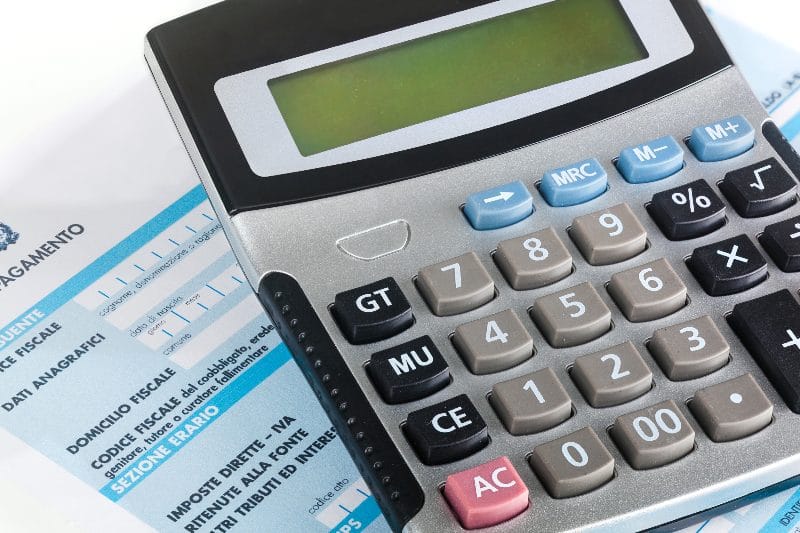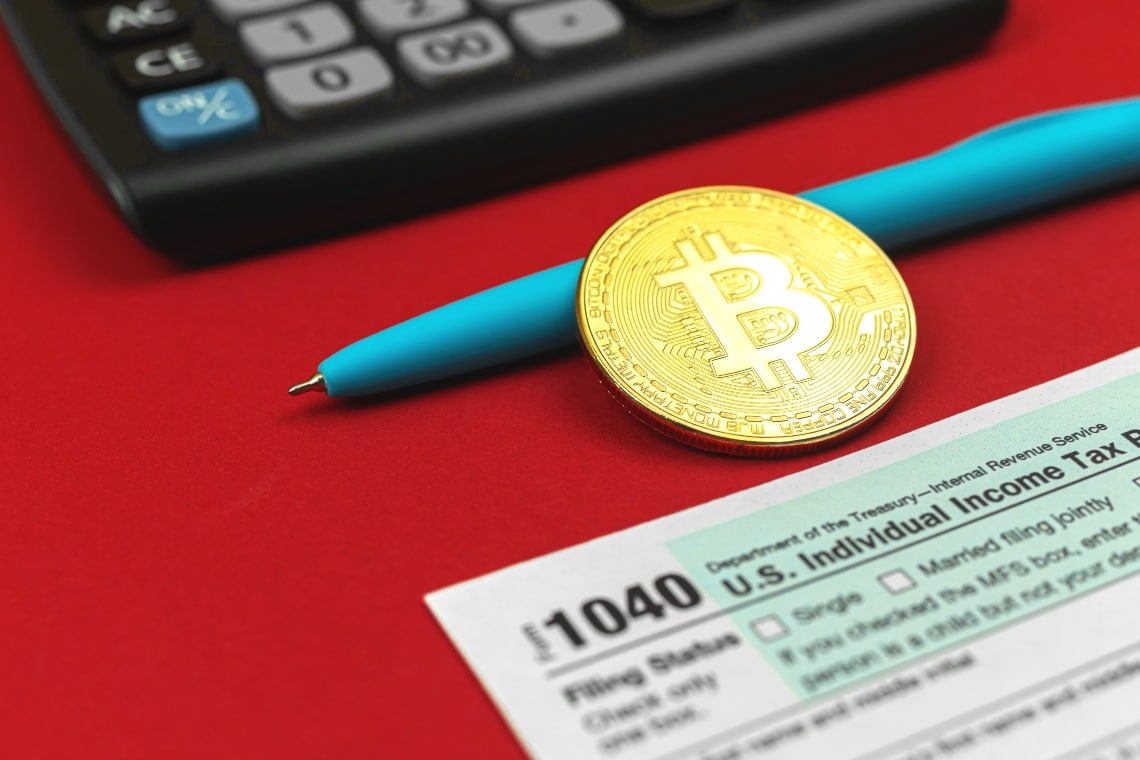Italian law is quite hesitant regarding all that may represent tax and anti-money laundering regulations on Bitcoin and cryptocurrencies.
Summary
Bitcoin and cryptocurrencies without a reference regulation
That does not mean the lack of knowledge of the movement of digital currencies within the economic context solely. It is more than anything else a problem related to the regulations in force that do not see the current possibility of total application on all fronts. Virtual currencies represent a completely new and, above all, different modality from the one we know.
They are also a growing phenomenon that arouses much attention but also exposes to various risks. The law often refers to the issue of fraud and money laundering systems legalized through the ways of the web. Unfortunately, recent news stories that have seen several countries around the world involved in crimes related to the systems of the new economic marketplace shift the focus to how to regulate cryptocurrencies.
Starting with the definition
To understand how regulation should be applied, we must first start with the definition of virtual currencies. For example, Bitcoin and any other cryptocurrency used as a payment method are purely digital in nature. The user stores it in an electronic wallet.
Each wallet has its own password. It is always important to make a distinction between digital currency and electronic currency. The former is not issued by any centralized system (this is why we talk about decentralized finance).
The way they are created is through a process called mining.

Cryptocurrencies like foreign currencies
In Italy, the way of approach in terms of fiscal nature that is applied to cryptocurrencies is reflected in the legislation related to foreign currencies.
However, owning cryptocurrencies does not put the citizen in any tax status.
However, according to art. 67 co. 1-ter TUIR, if an individual holds virtual currency in his wallet for at least seven working days for an average value higher than €51.645,69, a 26% substitute tax will be applied on any capital gain resulting from the conversions.
As far as the actual exchange of cryptocurrencies is concerned, these are feasible by any subject who maintains anonymity throughout the operation. The actual exchange takes place through two wallets represented by an alphanumeric identification line.
Whatever transaction will take place between these or other electronic wallets, it will never be possible to trace a detailed identification of the subject. That is also the basis for exchanges of an illicit nature and which could lead to the presumption of money laundering of large amounts of digital currencies.
The anti-money laundering rules and regulations in force, however, always provide for exchanges to be enrolled in a dedicated register and to communicate to the Ministry of Economy and Finance (MEF) the beginning of their active operation on Italian territory and, of course, the adhesion to the public system that fights fraud.



